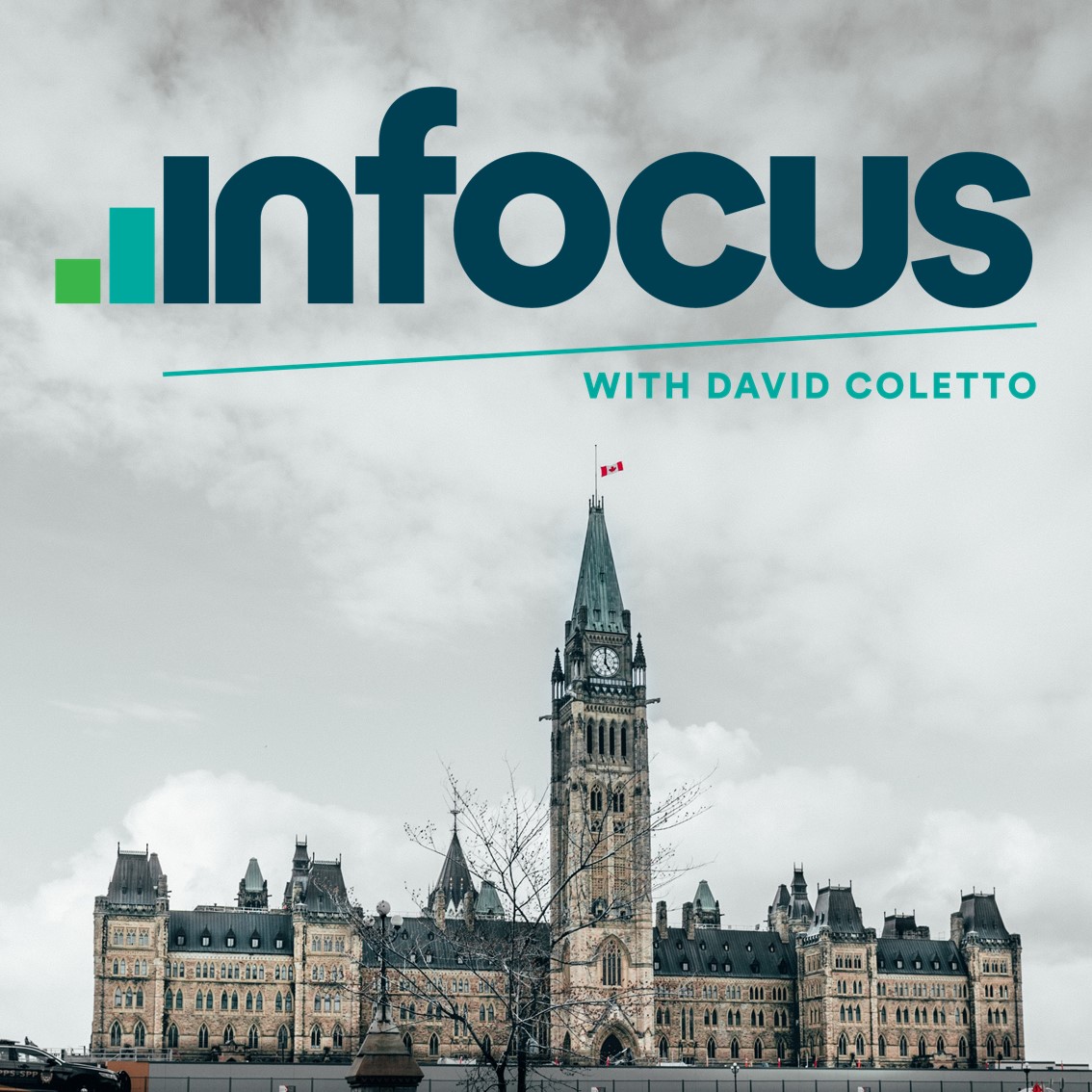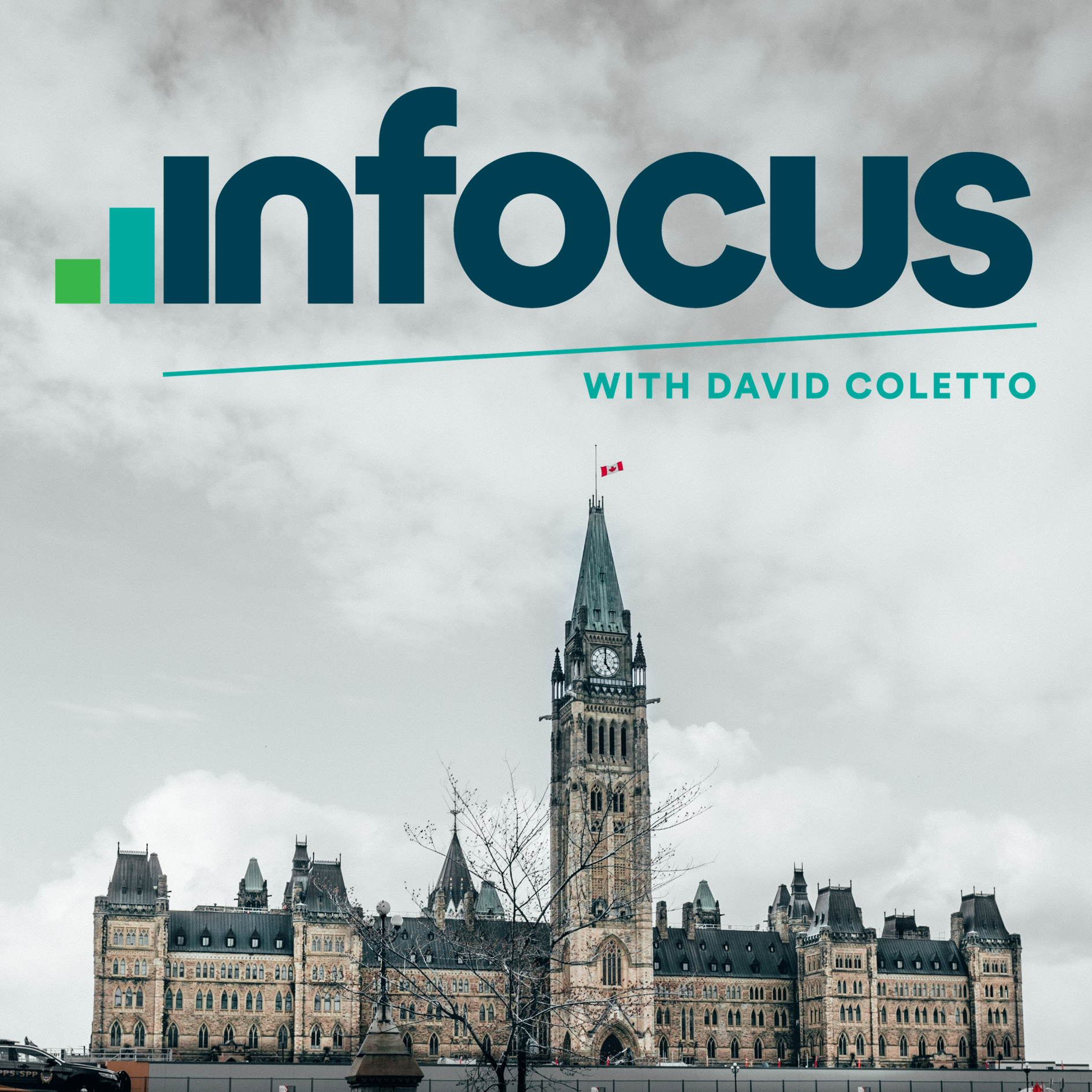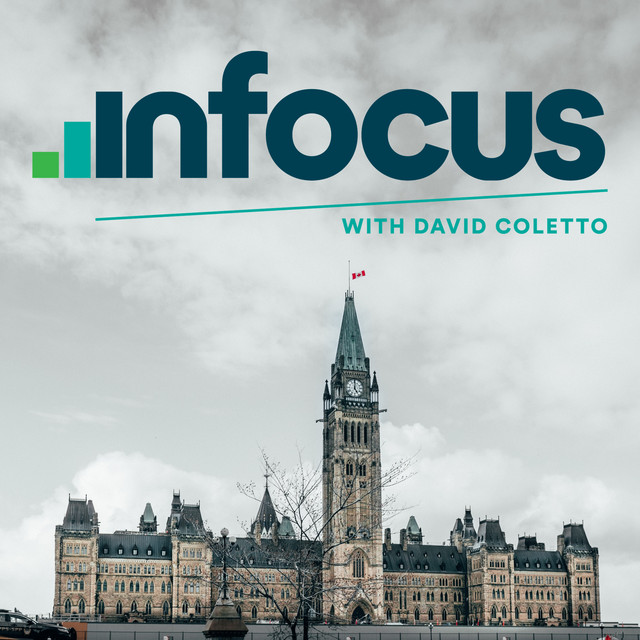Episode Transcript
[00:00:00] Foreign.
[00:00:18] Well, welcome back to IN FOCUS with David Coletto. I'm David Coletto. Today we're talking about the latest Abaqus data survey that I released earlier today. This is the third poll we've released since the start of the 2025 Canadian general election, and it's turning into one of the most interesting and potentially pivotal races we've seen in a long time. Thanks for joining me. Let's dig in. So here's the headline. As the first week of the campaign comes to a close, the Liberals and conservatives are tied at 39% nationally among all eligible committed voters.
[00:00:52] But among those who say they are definitely going to vote, the Liberals inch ahead to 41% while the Conservatives hold at 39. The NDP is at 11among all committed voters and 10among the most likely to vote. Now, a two point margin for the Liberals may not seem like much and the story can shift quickly given how we have more than about a month to go, but it does mark a real change from earlier in the year when the Conservatives were consistently and overwhelmingly un ahead. Let's talk about some of the regions because that's where elections can be won or lost. In British Columbia, the Liberals and Conservatives are essentially neck and neck, mirroring the tight national trend. Ontario is seeing a modest but meaningful Liberal lead of three points, and that's an improvement from even a few weeks ago. If the Liberals can bank on Ontario, particularly in the gta, while the Conservatives maintain strength in more rural parts of the province, it could still be close, but it means far more seats for the Liberals. Meanwhile, in Quebec, The Liberals sit 13 points ahead of the block, which is always worth noting. That's a sizable gap in a province that can be at times very unpredictable. And in Atlantic Canada, it's not even close at this point. The Liberals have a 21 point lead in our most recent survey, which is a return to the region's historically Liberal tilt, at least for now. Now, one of the more striking demographic stories is how younger Canadians, those aged 18 to 30, and older Canadians over 60, are drifting towards the Liberals while those millennials and Gen X stay leaning towards the Conservatives. Younger voters, for who at times seemed open to Polly's affordability, messaging, may be shifting back into the Liberal column. And in the 60 plus group, those baby boomers, well, we've been seeing their support of the Liberals grow over the last number of months, cutting into what Conservatives typically see as a stronghold demographic. Another key finding is around enthusiasm. A 68% majority of Canadians say they're definitely going to vote which is up four points from our last survey. Overall, interest in the campaign remains much higher than it was during the 2021 election, and it's especially strong among Liberal supporters. They say they are more likely to vote. They are focused on this election and are paying attention. Attention. Now, if we zoom in on the, quote, desire for change dynamic, it has softened. Fewer people are adamant about replacing the government. And fully 23% say they definitely want the Liberals reelected, up from our earlier surveys. Now, that's not a huge number, but it's another sign that the time for change narrative may be losing a bit of steam. There's still a majority who want it out there, but it's not as passionate and not as broad as it was just a few weeks ago.
[00:03:51] Now, in terms of leader favorability, Prime Minister Liberal Leader Mark Carney sits at plus 11. That's 42% who have a positive view, 31% have a negative, with the rest unsure. That's a very decent showing for a relatively new federal party leader and any leader, frankly, in this environment. Pierre Poliev is at minus 7 with 38% positive, 45 negative. Not that bad overall, a little uptick in negatives, but remaining still with an audience who likes Mr. Poliev and is enjoying and appealing finding appeal in what he's saying. Now, some of this may reflect that Mr. Poliev's message is heavily focused on the cost of living anti establishment rhetoric, something that might resonate with some, but turns others off, especially younger and female voters. Meanwhile, Jagmeet Singh remains the least popular leader of the three major party leaders, really struggling to translate frustration over affordability into any goodwill for him. We also tested out Canadians view the campaign through different lenses and frames. Is this about handling Trump's presidency or is it about change or affordability?
[00:05:00] And we lay this all out in the report on the Abacus Data website, and I encourage you to take a look at it because the dynamics are fascinating.
[00:05:09] Interestingly, when you frame the choice as which party can deal with Trump versus which party can deliver change, 54% say it's about Trump, 46% say it's about change. That's a big swing from a month ago, basically a flip. But when we pivot and we ask people, well, is it who can handle affordability versus who can handle Trump? Affordability wins by 58% to 42. So a clear indication that the framing of this campaign, what's driving voters, can shift if you're able to focus their attention on this.
[00:05:41] So how do we size all this up. It's early. There's still lots of time left in this campaign. The Liberals have momentum in key regions, a bigger pool of potential voters, and a leader who has more positively viewed impressions than the Conservative leader. The Conservatives still have a potent economic message. Affordability is still the top issue and a core of committed supporters that aren't going to be moving. But the question is, how do they build and how do they compete in a political environment in which the NDP has collapsed? The Liberal vote is consolidated, and even at 39%, a vote total that Stephen Harper barely got when he won his majority in 2011 will not be sufficient for the Conservatives to win this election. We'll be keeping an eye on whether the election continues to revolve around affordability or if Donald Trump continues to demand and define the election in so many different ways. Obviously, the next month, the next few weeks are going to be decisive. We've got debates, we've got the Trump tariffs looming this week and lots of uncertainty around everything right now.
[00:06:48] Well, that's it for now on Infocus with David Coletto. Thanks so much for tuning in. You can get all of this data on the abacus data website abacusdata ca. You can also subscribe. I highly recommend it to my substack davidcoletto1l2t's.substack.com where you'll get more insights, more data, more research than you'll find anywhere else. And one last thing, please subscribe to this podcast wherever you get your podcast. Appreciate it. Hope you found this briefing useful and we'll talk to you very shortly. Until then, I'm David Coletto. Take care and have a good rest of the weekend.


